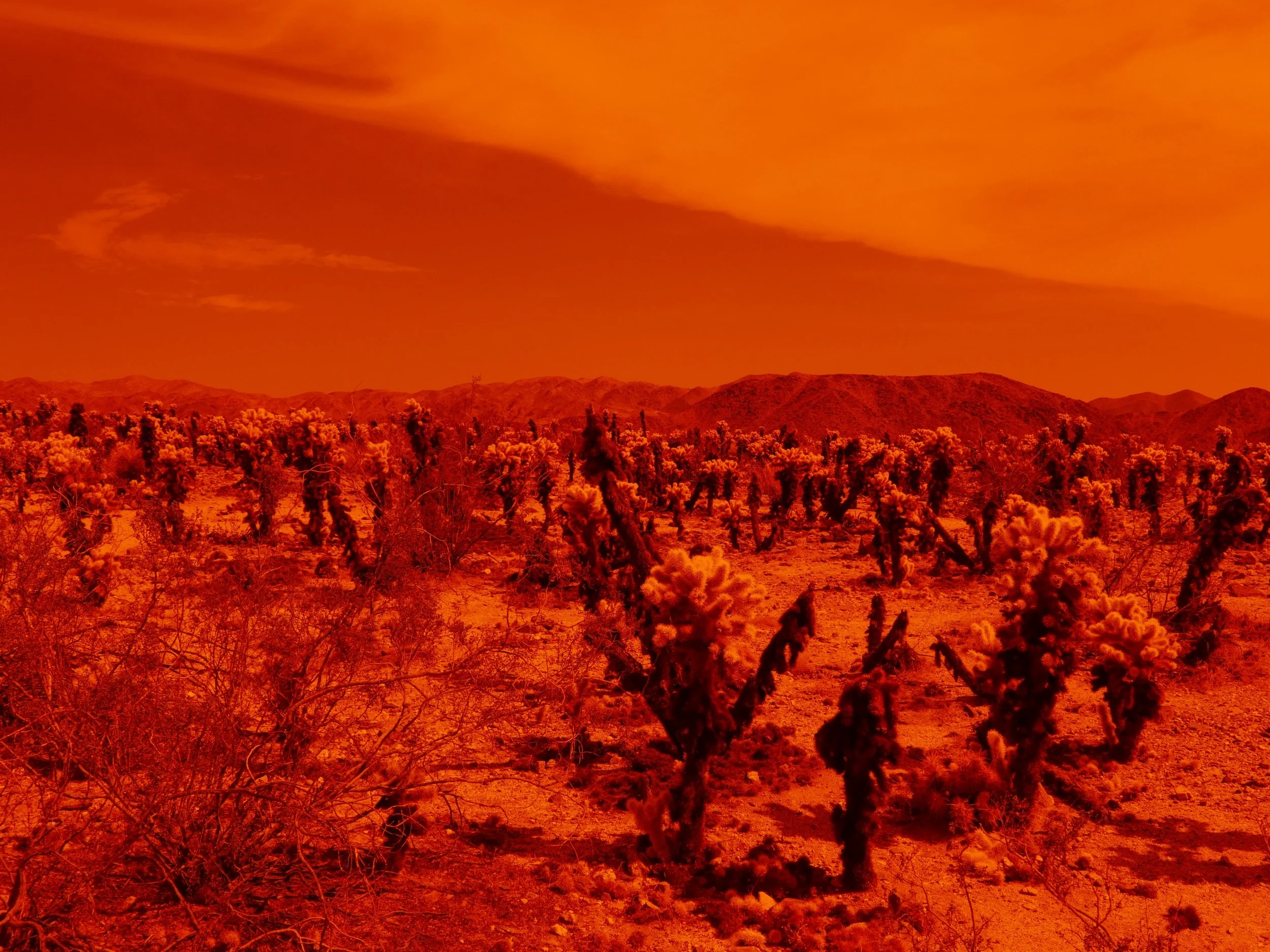
The Wrens of War
By John Brantingham
Henry is sitting on the porch with his boy Joe when Joe asks if he was in the Army; he says yes. When he asks him if he fought, he says no. When Joe asks if his grandfather was, he says yes and that he fought in the Second World War, that he was a part of the tank corps. Joe’s stopped by that for a moment and breathlessly asks, “With Patton?”
Henry wants to tell the boy no because the whole thing might seem glamorous to him, but instead he says yes, opting not to lie to his son this time. He’d promised himself never to lie to his boy, and that promise lasted until Joe began to speak. He says, “Your grandfather hated the Army. So did I.” These are truths too.
“But he did his duty?”
“Yeah, I guess.”
He wonders if this is the moment to tell Joe the truth of his grandfather’s death, that he came home and drank for nearly twenty years until he committed suicide. He wonders if this is the moment to tell Joe that he was in the Army until he became so depressed that he stopped eating, and they discharged him either from a sense of compassion or because they didn’t want to pay for his medical care. He wonders if this is the moment to tell him that there was a monster of despair lurking inside Joe’s father and grandfather, and that it’s likely inside him as well, and that some men might be bred to be soldiers, he’s not sure, but those men certainly do not share his DNA.
It’s a nice morning, the wrens waking up and singing, and he’s sitting there with his newspaper waiting for Sunday to start, so perhaps it’s cowardice, but he doesn’t let Joe in on the facts of life this morning. That will have to wait for a rainy day, he guesses. Instead he says, “What birds do you hear?”
This is a game that Henry’s wifey, and he play with Joe all the time, the boy learning bird song earlier than anyone else he knows. Joe sighs in frustration and listens. “A wren.”
“What’s wrong?”
“I want to hear about grandpa.”
“He didn’t much like to talk about the war.”
“He must have told you something. He must have told you about what it was like to fight.” What he told Henry was that he smelled the stink of burning flesh all the time. He felt like it was in his hair and clothes, and no amount of scrubbing could get it out. What he told him was that he killed a man once and got his blood in his mouth, and he couldn’t stop tasting it. “Come on,” Joe says, “tell me.”
Henry thinks that this would be the moment to tell the boy what war is except that it’s too much for a ten year old. He wants to do it, to give the boy nightmares now, enough to keep him away from the thrill violence gives if you’ve never experienced it. He wants to tell the boy that suicide cannot be explained or understood. Instead, he tells him that his grandfather never slept well and would often wake up screaming. He says that his grandfather begged him not to enlist, but he did anyway, and he regretted it.
“Why?”
What can you tell a ten year old about how depression can take control of you and change you into a different person? He says, “There’s nothing fun about it. They wanted me to kill people. I want you to think about actually doing that.”
Joe makes the exasperated noises that children do when their parents are fools, and Henry hopes to stay a fool for a few more years. Soon enough, he will have to talk about what the boy needs to know, and Henry dreads that moment. He’ll have to destroy the child’s concept of what a hero is.
Henry thinks that it might be better for the boy not to have heroes though. Heroes always fall. Heroes turn out to be only men. Though it is only noon when they finish, Henry goes inside, and finds a bottle of his pop’s favorite bourbon. He takes a shot, and then refills. He takes another and hopes he understands his father a little more. He knows that he loves him a little more.
————————————
————————————
John Brantingham was Sequoia and Kings Canyon National Parks’ first poet laureate. His work has been featured in hundreds of magazines, Writers Almanac and The Best Small Fictions 2016 and 2022. He has nineteen books of poetry and fiction including Life: Orange to Pear (Bamboo Dart Press). He is the founder and general editor of The Journal of Radical Wonder. He lives in Jamestown, NY.